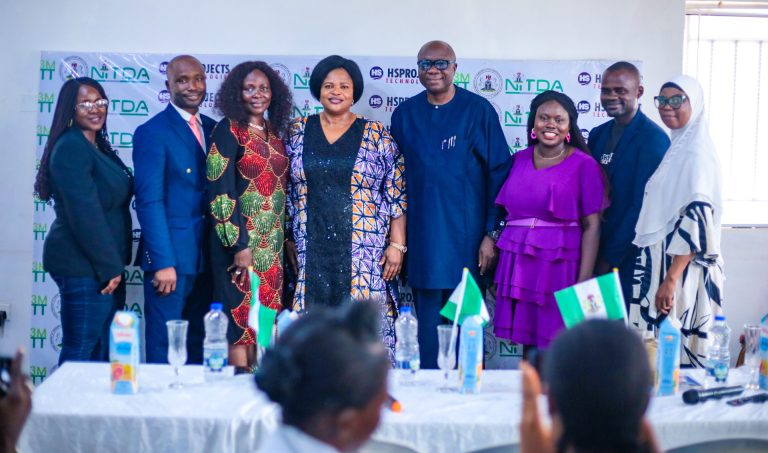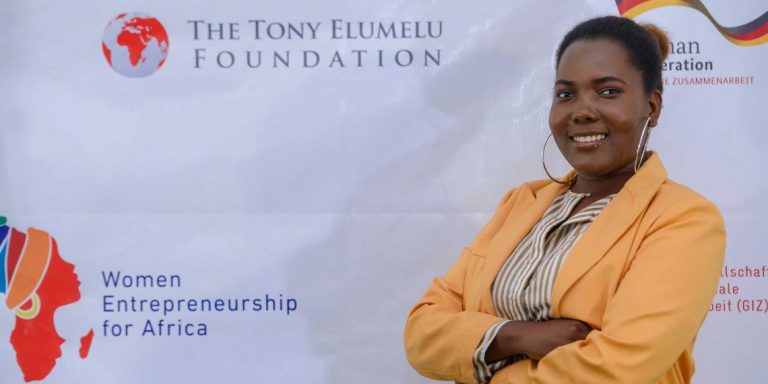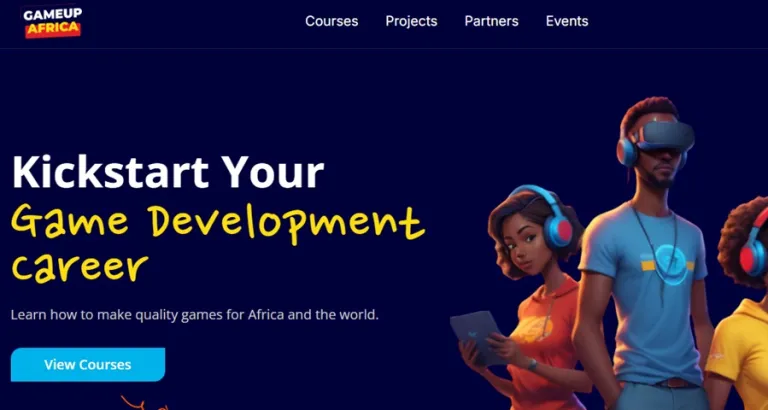Byld Ventures, a $15 Million Fund is Supporting Early-stage African Fintechs

Youcef Oudjidane was the managing partner and head of EMEA (Europe, Middle East, and Africa) at Class 5 Global, a San Francisco-based venture fund with a keen interest in emerging markets, two years before co-founding Sudanese fintech Bloom after failing to find startups tackling currency depreciation in Africa to invest in.
However, Class 5 was not his first investment. The U.K.-born entrepreneur, who is of Algerian descent, was a senior associate at Solebury Capital, a boutique investment bank later acquired by PNC Financial Services, and worked on several tech IPOs, including Snapchat. In 2017, he joined the Dubai Future Foundation as head of strategy and investments, a small team that launched the Dubai government’s first venture capital fund.
Oudjidane led investments in African startups such as Telda, Dash, Moove, and Chari at Class 5. The investor also collaborated with a number of professional football (soccer) players, including Mesut Ozil, who served as a venture partner. His connections with soccer players — Oudjidane played the sport in college and received scholarships — and other athletes have proven useful for his next venture: Byld Ventures, a $15 million fund focused on early-stage startups in Africa. The fund has received backing from a number of athletes, as well as the Dubai government and several unnamed institutional LPs.
“Over the last year, African founders reached out to me for advice, and I invested personally,” said the founding partner in an interview. “So I decided to formalize it by establishing a fund.”
Byld Ventures completed its first close in early June, and a second close of $10 million was completed last month. According to Oudjidane, the company expects to complete its final close by the end of the year. The early-stage fund, which has made four investments: Ceviant, Apata, Thepeer, and Anchor, is comprised of four venture partners, primarily founders backed by Oudjidane: Ahmed Sabbah (Telda CEO), Prince Boampong (Dash CEO), Shekinah Adewumi (Apata CEO), and professional soccer player Kieran Gibbs.
Oudjidane believes Africa is at a crossroads of opportunity, with the next billion people coming online — and, based on its current portfolio of pre-seed stage startups, fintech is what his fund is interested in.
“We invest early, sometimes before the pitch deck; we joke that ideally, after you’ve handed in your resignation,” the founding partner said. “We strive to be at the forefront of company formation; we want to be there from the start.” Our bread and butter is fintech. It’s simply what we know and enjoy.”
According to a report by market insights firm Briter Bridges, fintechs dominate fundraising in Africa, accounting for nearly $3 billion, or two-thirds of all investment realized by startups across the continent last year. This sum was also more than double the $1.35 billion investment raised by African fintechs in 2020, and triple the amount raised in 2019.
The portfolio of Byld Ventures suggests that the fund has a narrower focus within the fintech segment, preferring to back startups developing APIs and infrastructural plays. An identical portfolio setup is used by RaliCap, an emerging market fund. Investing in startups that build financial infrastructure is one of Byld Ventures’ main themes, along with startups that reverse Africa’s brain drain and repeat founders.
Three of the firm’s investments in the latter have resulted in successful exits: Shekinah Adewumi’s Touchtech Payments, Idris Saliu’s VANSO, and Segun Adeyemi’s Amplify, which were acquired by Stripe, Interswitch, and Carbon, respectively.
“I doubt many investors have our knowledge of fintech in Africa,” said the founding partner when asked why fintech founders would choose Byld Ventures when seeking pre-seed funding. “We form deep and personal bonds with founders as a result of our openness and vulnerability.” Some founders, for example, are hesitant to seek advice from investors when the proverbial shit hits the fan; chances are, we have been through worse. We believe that intellectual honesty and independent thinking can help us make better decisions.”
And when it comes to founders, Oudjidane says Byld is looking for those who are technical, committed, and frugal. “I think founder-problem fit is also important because we all know how difficult it is to build a business and there are a lot of second-order effects on the founder,” he continues.
According to Oudjidane, the four-month-old venture capital firm does not intend to invest in more than 15 to 20 portfolio companies in its first fund. According to him, Byld is not a “spray and pray shop,” and will invest in startups with an average ticket size of $500,000 while reserving approximately 50% of the fund for follow-on.
Because of the partners’ experiences in those markets, Byld Ventures is primarily interested in startups in Egypt and Nigeria; however, it will also keep an eye on Ethiopia and Algeria — the latter being a biased choice due to Oudjidane’s roots. On a personal level, Oudjidane is one of the few people on the continent juggling founder-investor roles; in his case, a Sudan-based fintech and a fund based in the United Kingdom. He claims that the somatic synergies between his two jobs allow him this privilege. “I have a soft spot for Bloom and Byld. I believe in the potential of Africa and want to devote my life to ‘bylding.’ “It is incumbent upon us [this generation] to lead the charge for change,” said the founding partner.







